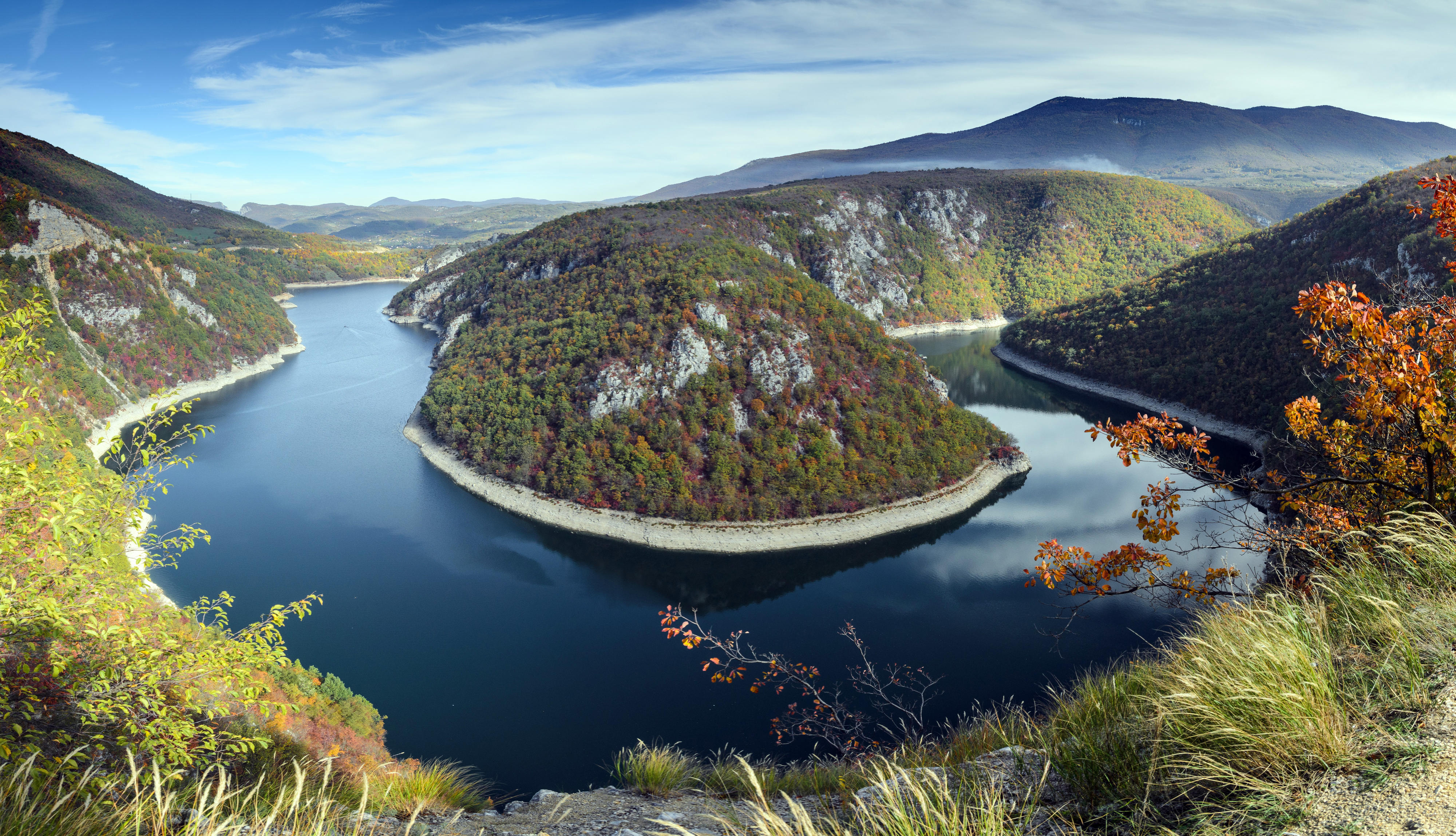Core area “Climate and energy, just transition” Stable and sustainable energy supply
The river Vrbas
Bosnia and Herzegovina has enormous potential for the generation of energy from hydropower, wind power, biomass and solar power, which is far from being fully tapped. The country is thus in a good position to expand its green energy supply and generate revenue by exporting energy to neighbouring countries. The lack of infrastructure required to distribute power efficiently is a hindrance, however. The enabling environment for domestic companies also needs to be improved in order to make the expansion of renewable energy more attractive.
Reducing carbon emissions
Bosnia and Herzegovina founded an energy partnership in collaboration with the European Union and other countries in Southeast Europe. The goal is to create a uniform regulatory environment and promote investment in environmentally friendly energy production. As part of a GIZ project, Germany is supporting the Ministry of Foreign Affairs, the Ministry of Foreign Trade and Economic Relations and the Ministries of Energy of the two entities in Bosnia and Herzegovina in developing and implementing a decarbonisation strategy. The focus is on improving the energy performance of buildings, promoting commercial energy facilities and developing decentralised community energy projects.
Building wind turbines
One major development cooperation project with Bosnia and Herzegovina is the new Mesihovina wind farm in southern Herzegovina. It is the first installation of its kind in the Western Balkans, and began operating in 2018. The 22 wind turbines supply around 33,000 households, saving roughly 137,000 tonnes of carbon dioxide a year. The facility serves as a model for the further expansion of wind power in the region. Among other things, the experiences arising from the project resulted in the Federation of Bosnia and Herzegovina significantly simplifying its approval procedure for wind turbines.
The second wind farm financed with German support, located near the city of Mostar, began operating at the start of 2021. Three more are being planned.
The BMZ is also helping the country to expand the use of hydropower by assisting with the construction and modernisation of existing hydropower plants. The environmental and social compatibility of all projects is examined in depth. In the projects being funded in Southeast Europe, the principles of the European Water Framework Directive apply; these have much higher nature conservation requirements than, for example, the World Bank standards.
As at: 07/06/2022
